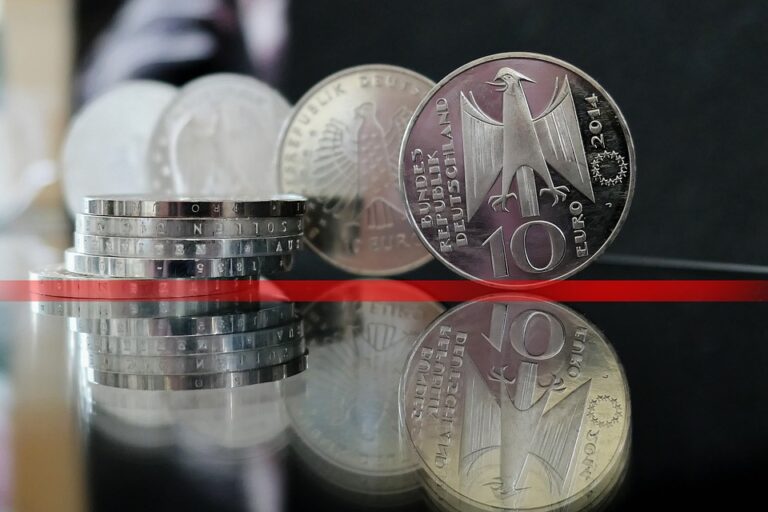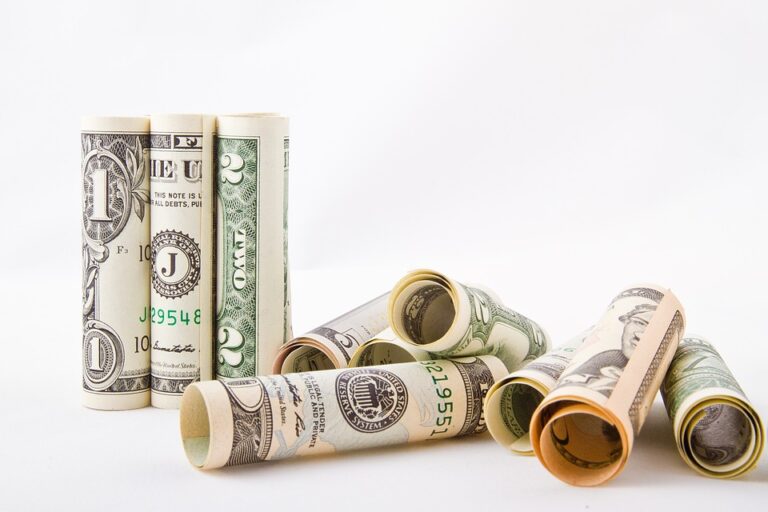Last updated Mar. 19, 2025 by Charles Zemub
Purchasing a car often involves taking out a loan, which can seem daunting due to the financial commitment it requires. Understanding how car loans work, particularly how paying down the principal affects your total loan cost, is crucial for effective financial planning. By focusing on paying the principal, you can save on interest payments, reduce the loan term, and improve overall financial health. In this article, we will explore how principal payments impact your car loan, discuss strategies to manage your loan effectively, and highlight the benefits of prioritizing principal payments.
Understanding Car Loans
Before delving into the specific effects of paying the principal, it’s important to understand how car loans are structured. A car loan consists of two main components: the principal and the interest. The principal is the initial amount borrowed to purchase the vehicle, while interest is the cost of borrowing that money, calculated as a percentage of the principal.
Car loans are usually structured as amortizing loans, which means each monthly payment covers both interest and a portion of the principal. In the early stages of the loan, a larger portion of each payment goes toward interest, while in the later stages, more goes toward paying down the principal. This structure is designed to ensure consistent payments over the life of the loan.
How Paying the Principal Affects Your Car Loan
Reducing Interest Payments
One of the most significant benefits of paying extra toward the principal of your car loan is the reduction in interest payments over time. Interest on car loans is typically calculated based on the outstanding principal balance. By making additional principal payments, you reduce the principal balance more quickly, which, in turn, reduces the amount of interest you accumulate over the life of the loan.
For example, if you take out a $20,000 car loan with a 5% interest rate for five years, you’ll pay approximately $2,645 in interest over the life of the loan. By making an extra payment of $500 toward the principal, you can decrease the total interest paid by about $70, depending on when the payment is made. While this might not seem substantial in isolation, regularly making extra principal payments can lead to significant savings.
Shortening the Loan Term
Paying extra toward the principal not only reduces interest payments but also shortens the loan term. By decreasing the outstanding balance more quickly, you can potentially pay off your loan ahead of schedule. This can be particularly advantageous if your financial situation changes and you want to eliminate monthly debt obligations sooner.
Additionally, paying off a loan early can improve your debt-to-income ratio, which can enhance your credit profile. This can make it easier to qualify for other loans or favorable interest rates in the future, contributing to better financial health and flexibility.
Increasing Equity in the Vehicle
Equity in a vehicle is the difference between the car’s market value and the outstanding loan balance. By paying down the principal more quickly, you build equity in your car faster. This increased equity can be beneficial if you plan to sell or trade in the vehicle before the loan term ends, as it might enhance the trade-in value or allow you to sell the car without needing additional funds to cover the remaining loan balance.
Strategies for Paying More on Principal
-
Make Bi-Weekly Payments: Instead of making a monthly payment, consider splitting it into two bi-weekly payments. This approach results in an extra payment each year, thereby reducing the principal faster.
-
Lump-Sum Payments: Use unexpected windfalls such as tax refunds or bonuses to make lump-sum payments directly toward the principal.
-
Round-Up Payments: Round up your monthly payment to the nearest whole number or add an extra percentage (5-10%) to your monthly payment to consistently contribute more toward the principal.
-
Refinance: If you’re struggling with high interest rates, refinancing the car loan to a lower interest rate can help make extra payments more feasible.
- Budget for Extra Payments: Integrate extra payments into your monthly budget to ensure you’re consistently contributing more to the principal.
Considerations Before Paying Extra
While paying down the principal can be advantageous, it’s important to consider a few factors before making additional payments:
-
Loan Terms and Conditions: Some lenders may have prepayment penalties or fees for paying off the loan early. Be sure to review your loan agreement to understand any potential costs.
-
Emergency Fund: Ensure that you’re not compromising your financial safety net to make extra payments. Having a robust emergency fund is crucial for financial security.
-
Interest Rates: Consider whether it makes more sense to pay down other high-interest debts first, such as credit card balances, before focusing on your car loan.
- Opportunity Costs: Assess whether the extra money could be more beneficially invested elsewhere for better returns, depending on current market conditions and risks.
✓ Short Answer
Paying down the principal on your car loan reduces your overall interest payments and can shorten the loan term. By decreasing the loan’s outstanding balance more quickly, you save money on interest and gain more flexibility with early loan payoff. This strategy can also increase your vehicle equity, improving your financial situation if you decide to sell or trade in your car. It’s important to consider your loan terms and financial goals before making extra payments, as some loans may involve prepayment penalties, or your funds could yield better returns if invested elsewhere.
Frequently Asked Questions (FAQs)
1. Is it always beneficial to pay extra toward the principal of my car loan?
While paying extra toward the principal can reduce interest expenses and shorten the loan term, it’s not always beneficial for everyone. Evaluate your financial situation, any potential prepayment penalties, and weigh the opportunity cost of using that money elsewhere, such as paying off higher-interest debt or investing for future gains.
2. How much can I save by making additional principal payments?
The amount saved varies based on the interest rate, loan balance, and timing of the extra payments. Using an amortization calculator can help estimate your potential savings by inputting different scenarios.
3. Will making extra principal payments improve my credit score?
Paying down the principal consistently and on time can positively impact your credit score over time by reducing your debt-to-income ratio, improving your credit utilization, and enhancing your payment history.
4. Can I request the lender apply my extra payments only to the principal?
Yes, you can typically request that your extra payments be applied directly to the principal. Contact your lender to confirm their procedure for applying additional payments as desired.
5. Do all lenders allow for penalty-free extra payments?
Not all lenders offer penalty-free extra payments. Review your loan agreement or consult with your lender to understand any potential penalties associated with additional payments before proceeding.


